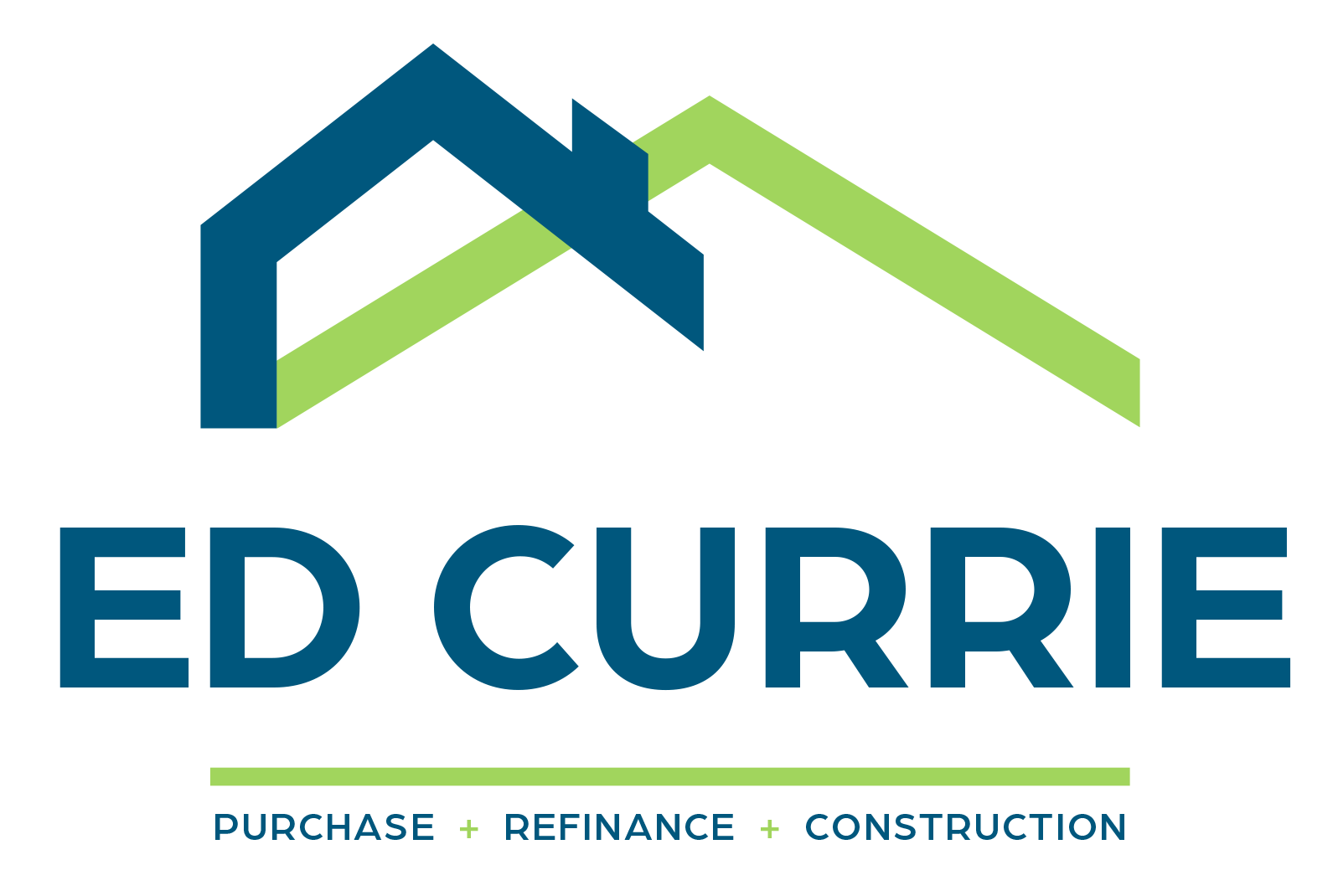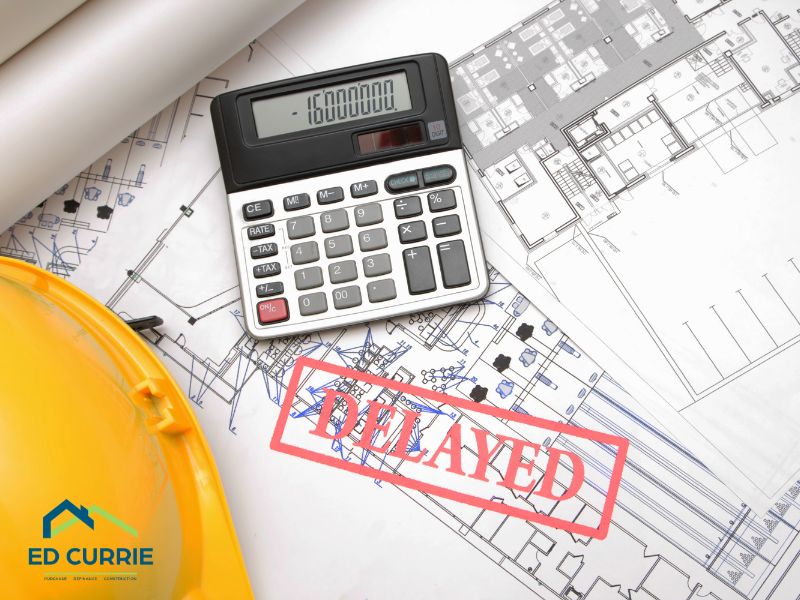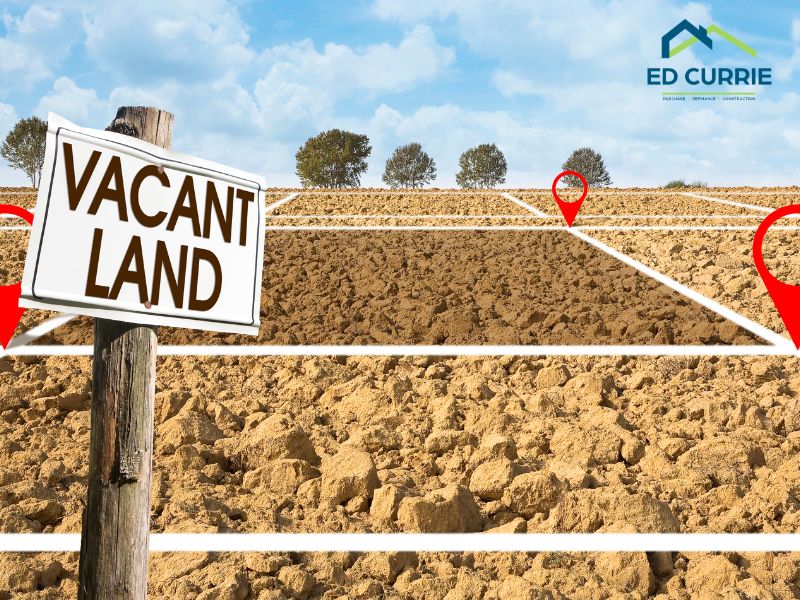 Construction loans are an essential tool for those looking to build their own homes or finance major home renovations. However, they are often harder to qualify for than traditional mortgage loans. Many potential borrowers find themselves frustrated when they encounter the hurdles that come with securing a construction loan. But understanding why these loans are more difficult to obtain—and what lenders are looking for—can help you better prepare for the process.
Construction loans are an essential tool for those looking to build their own homes or finance major home renovations. However, they are often harder to qualify for than traditional mortgage loans. Many potential borrowers find themselves frustrated when they encounter the hurdles that come with securing a construction loan. But understanding why these loans are more difficult to obtain—and what lenders are looking for—can help you better prepare for the process.
High Credit Score Requirements
One of the main reasons construction loans are harder to qualify for is the stringent credit score requirements. While a credit score of 680 or higher may be acceptable for most conventional loans, many lenders require an even higher score for construction loans. This is because construction loans are considered riskier for lenders. Unlike a traditional mortgage, where the home is already built and has an established market value, a construction loan involves financing a project that doesn’t exist yet. The lender is taking on more risk by providing funds before the property is completed and appraised.
To mitigate this risk, lenders often require a higher credit score to ensure that the borrower has a reliable track record of managing debt and repaying loans. If your credit score is lower than what the lender requires, you may face challenges in securing a construction loan. In some cases, a higher down payment or additional collateral may help offset this risk.
Significant Down Payment
Another hurdle many borrowers face when applying for a construction loan is the down payment requirement. Most construction loans require a minimum down payment of 20 percent, which is significantly higher than what’s typically needed for FHA or VA loans. This higher down payment requirement reflects the increased risk involved in financing a construction project, as there is no existing property to serve as collateral until the project is completed.
If you’re unable to come up with the 20 percent down payment, you might struggle to secure a construction loan. While some lenders may offer programs with lower down payment options, they are less common and often come with stricter requirements or higher interest rates. Borrowers may also be required to have a solid financial history or additional assets to demonstrate their ability to complete the project and repay the loan.
Complexity of the Loan Process
Construction loans are more complex than traditional home loans. The approval process is typically more detailed and can involve multiple steps, including:
- Project Plans and Budget: Lenders want to see a detailed plan of the construction project, including timelines, costs, and contractor information. A vague or incomplete budget could raise concerns for lenders, as it increases the risk of the project going over budget or facing delays.
- Appraisals and Inspections: Since the home doesn’t exist yet, lenders need to conduct appraisals based on blueprints, estimates, and expected market value once the construction is complete. During the course of construction, the lender may require inspections to ensure the project is on track and that funds are being used properly.
- Disbursement Schedule: Unlike traditional mortgages, where funds are disbursed in a lump sum, construction loans typically follow a draw schedule. This means that the lender releases funds in stages, based on the progress of the project. This adds a layer of oversight and can delay the availability of funds.
These added complexities often make construction loans more difficult to navigate for borrowers. Lenders need a higher level of certainty about the success of the project, which can make the process longer and more cumbersome.
Risk and Uncertainty
The inherent risk and uncertainty involved in construction projects are also significant factors that contribute to the difficulty of obtaining a construction loan. There’s always the chance that construction could face delays, budget overruns, or complications that affect the project’s completion. If the project runs into major issues, it could affect the lender’s ability to recover the full amount of the loan.
For this reason, lenders are extremely cautious when approving construction loans. They want to ensure that borrowers have the financial resources to deal with potential setbacks and that the project has a high likelihood of being completed successfully.
Additional Challenges
- Interest Rates: Construction loans typically come with higher interest rates compared to traditional home loans. Since the loan is short-term (usually 12 to 18 months) and involves more risk, lenders charge higher rates to compensate for that risk.
- Limited Availability: Not all lenders offer construction loans, and those who do may have stricter criteria. This limits the options available for borrowers seeking this type of financing.
While construction loans are essential for those looking to build or renovate homes, they come with a unique set of challenges that can make them more difficult to obtain. Higher credit score requirements, large down payments, complex approval processes, and the inherent risk involved in construction projects all contribute to the difficulty of qualifying for a construction loan.




![EdCurrie_Logo White[Transparent] EdCurrie_Logo White[Transparent]](https://edcurrie.com/wp-content/uploads/elementor/thumbs/EdCurrie_Logo-WhiteTransparent-qybu3sjgpfhje9098uitv7fpt7os2hgn52gfy6ocx4.png)